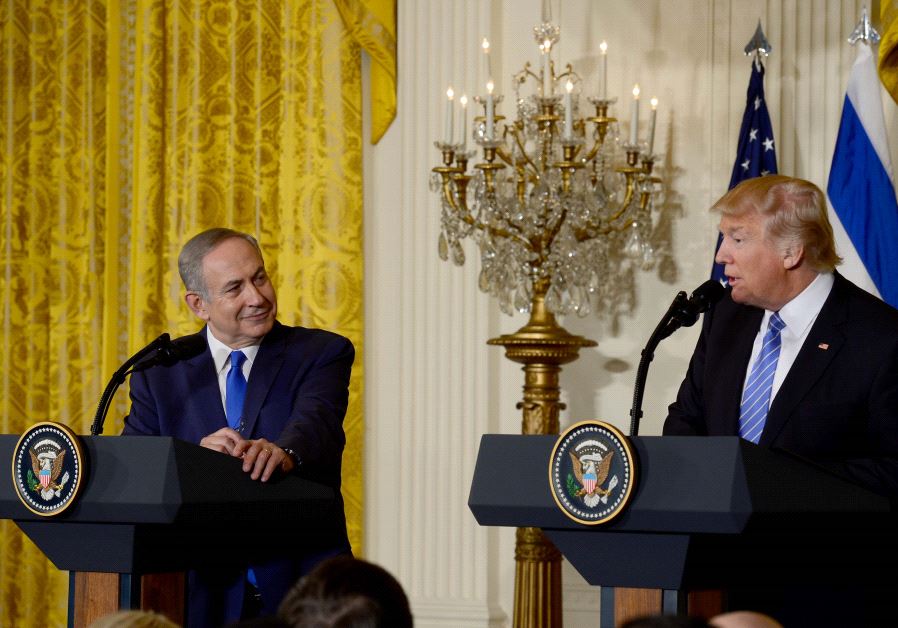Community activism can restore faith in the age of Trump – and Netanyahu
It’s easy in an age of complicated politics and entrenched powers to despair – but that’s not what good democratic citizens or Zionists do.
 Prime Minister Netanyahu and President Trump(photo credit: AVI OHAYON - GPO)
Prime Minister Netanyahu and President Trump(photo credit: AVI OHAYON - GPO)